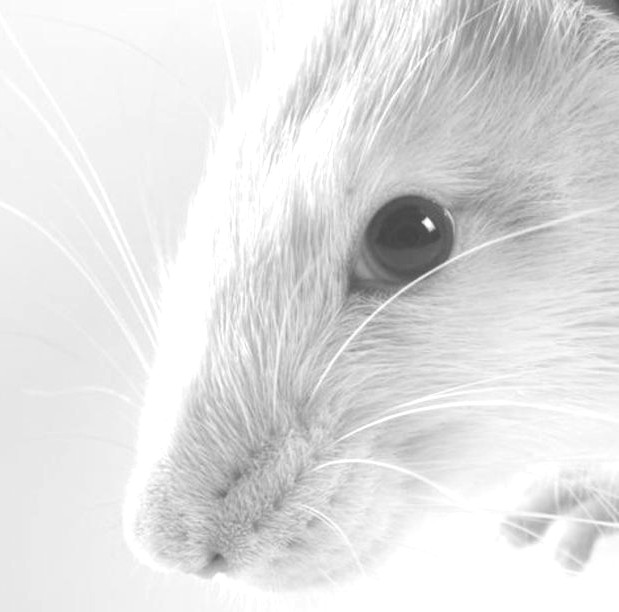Anti-aging transplant tested
 Transplanting gut bugs from young to old mice appears to counteract the effect of aging.
Transplanting gut bugs from young to old mice appears to counteract the effect of aging.
Microorganisms that live on and in the human body have an impact on health and vary with age. ‘Friendly’ bacteria — which have beneficial effects on the metabolic and immune systems — can be gradually replaced with bacteria that drive chronic inflammation, metabolic dysfunction and disease.
Microorganisms in the gut shape local immunity, but can also affect brain aging and increase the risk of neurodegenerative diseases.
In a recent experiment, researchers transplanted faecal microbes from the gut of either young (3–4 months) or old (19–20 months) donor mice into old recipient mice (19–20 months).
The team found that aging-associated changes in the immune system of the old mice were reversed by the transfer of gut microbiota from the young mice.
The brains of old mice receiving young donor-derived faecal transplants were also rejuvenated and contained metabolites and patterns of gene regulation that resembled the brains of the younger mice.
Furthermore, faecal transplants from young mice improved the behavior of older mice in several cognitive tests for learning, memory and anxiety.
The authors of the study say their findings suggest that the gut microbiome could be a therapeutic target for the promotion of healthy aging.








 Print
Print